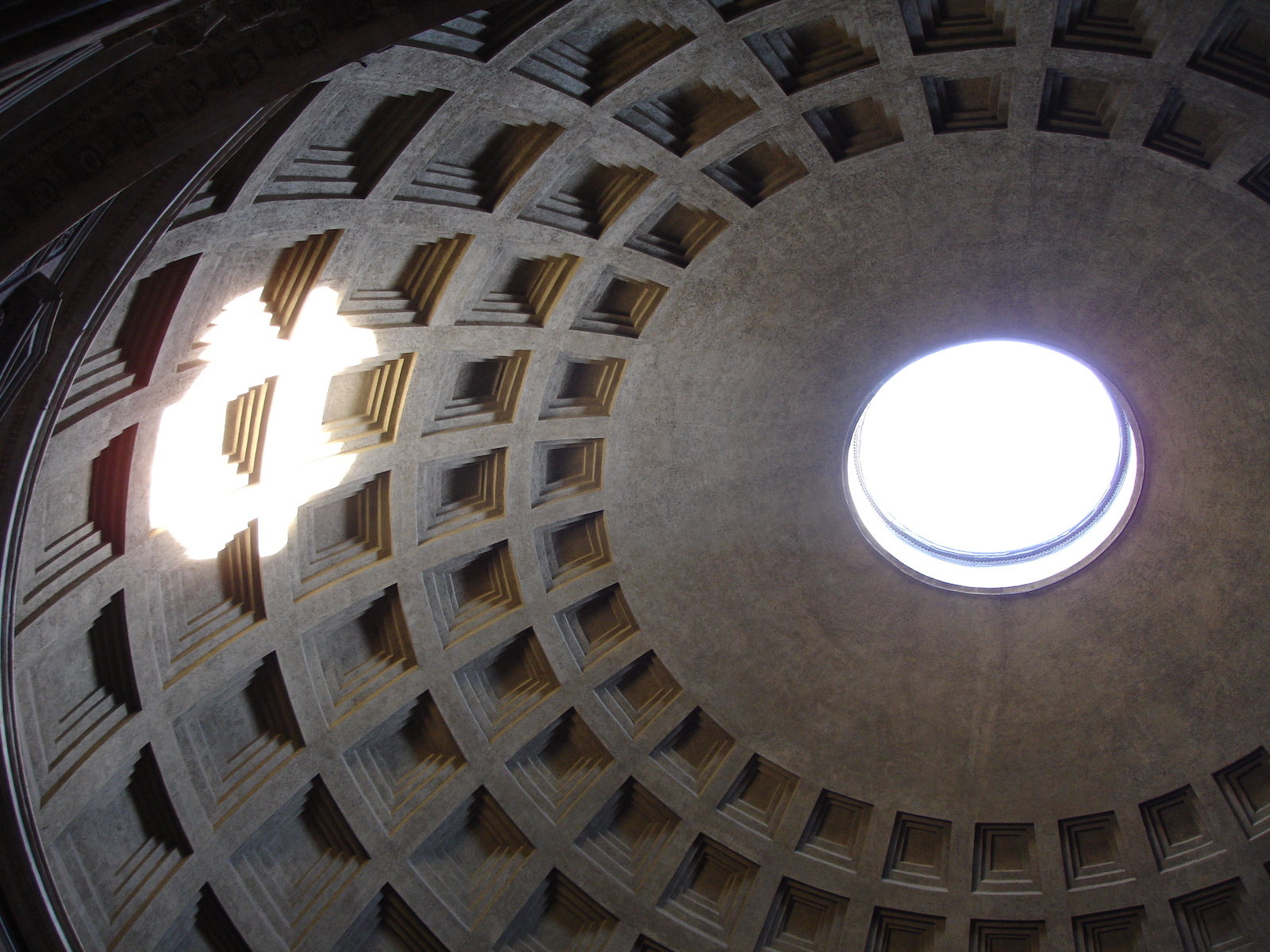Thanks to Louise Mathias and Colleen Robertson Abel for tagging me on this meme, which is currently making the rounds. Or I think it is – it took me a while to get around to writing this thing up. Forthwith:
What is the working title of your book?
The Greenhouse. I thought, “Someone must have used this, right?” But no, or not for poetry. When the image came up I thought of Roethke: “The greenhouse is my symbol for the whole of life, a womb, a heaven-on-earth.” And yeah, it functions that way in more than one of my poems, but there’s also that thing about the heaviness of the air, the fogging up. I love the lushness of it, but I also get a little claustrophobic. Have I mentioned that my book deals in large part with the experience of parenting a young child?
Where did the idea for the book come from?
Four years of intense sleep deprivation.
OK. When I was getting my MFA, I told my thesis advisor, Marianne Boruch, that I was tired of the kinds of poems I was writing, but I had no idea how to write any other kind. I mean, I felt it was good work, but it wasn’t really surprising me any more – I knew my own voice, my tics and tricks, too well. And the poems got a lot of their energy from compression and control, which was something I valued – my heroes include Emily Dickinson and Kay Ryan – but I knew I wanted to stretch somehow. Marianne, who knew I was pregnant, just smiled: “Don’t worry. I have a feeling that when your life changes, your work will change.” Anyone who knows Marianne knows she is always right.
So now I’m writing these poems that are long, loose, multivocal, fragmented, full of lists and jokes and asides and God knows what else. Totally different from my first book, because they come from a totally different mind. I mean, having a child rewired my brain.
It was the hardest thing I’ve ever done physically and emotionally. I now know it’s not this way for everyone, but my son was super-intense and had serious sleep issues. I was massively exhausted, and completely transformed. And since I write poems that track consciousness across daily experience – well, the work changed big time. Be careful what you wish for.
What genre does your book fall under?
Poetry.
What actors would you choose to play the characters in a movie rendition?
“Character” would have to be a pretty loose term. I think you’d need a new kind of movie, like the feelies in Brave New World. Plus a couple of stand-up comics, an Amazon.com account, and a fleet of toy cars. You could probably shoot it in a weekend, though.
What is the one-sentence synopsis of this book?
I refuse to answer this question.
Will your book be self-published or represented by an agency?
Neither. Who will publish it, though, I have no idea. I write slowly, so it’ll be a couple more years out. I’m trying to decide if I want to send out one section as a chapbook or not.
Who or what inspired you to write this book?
See above.
How long did it take you to write the first draft of your manuscript?
Still working on it. I’ve written what seems to be half of a book over the last five years, in between full-time mom-ing and full-time freelance editing. Life is a lot easier these days, though – having a school-age kid is a blast. I’m hoping to have a complete manuscript to send out by the end of 2014.
What else about your book might pique the reader’s interest?
Somewhere along the way, I started losing nouns, which was quite frightening. But I got a great poem out of it.
Next Up:
I’m tagging Maya Jansen, Peg Alford Pursell, Genanne Walsh, Robert Thomas, and Marie Mutsuki Mockett.
